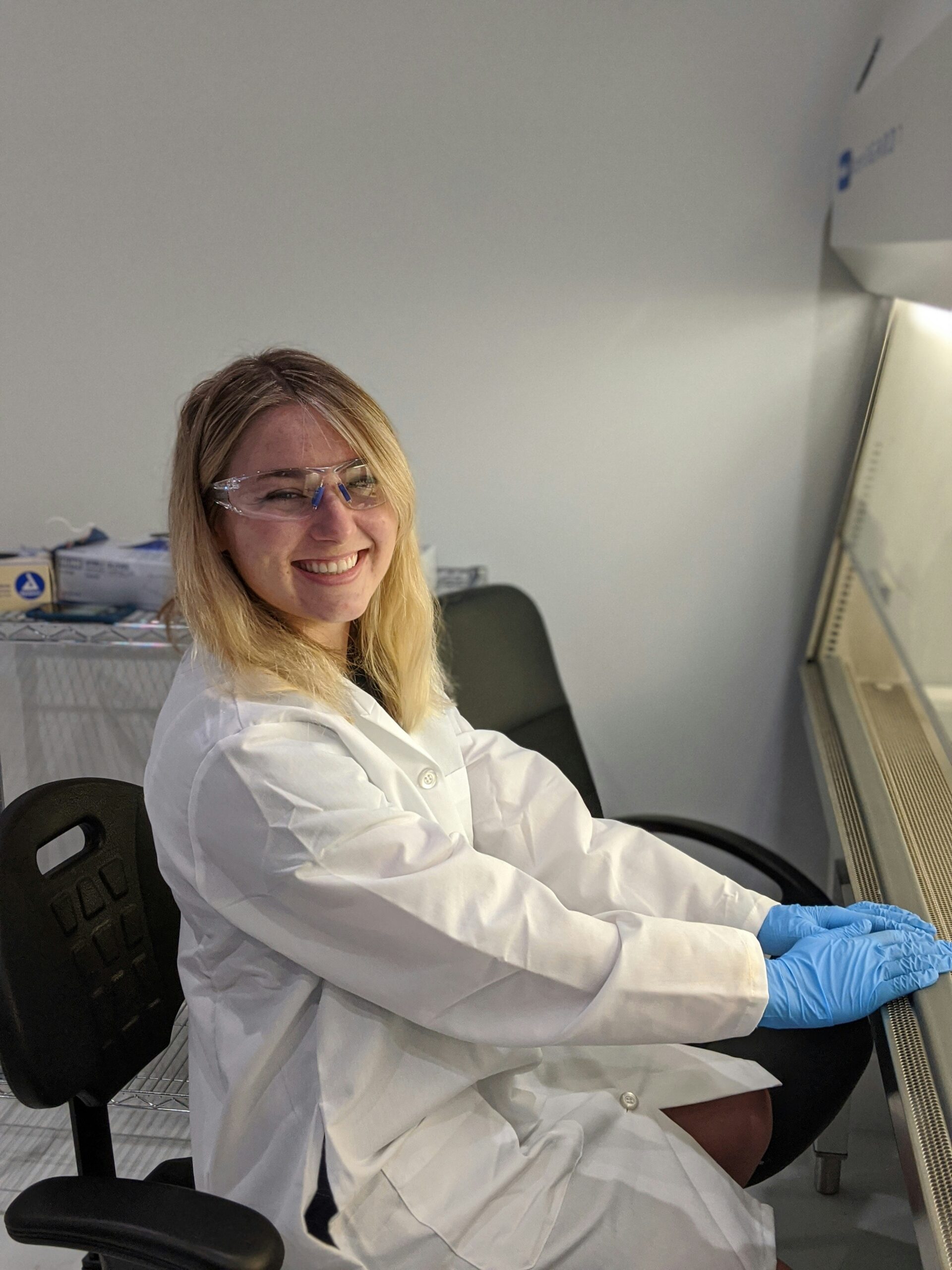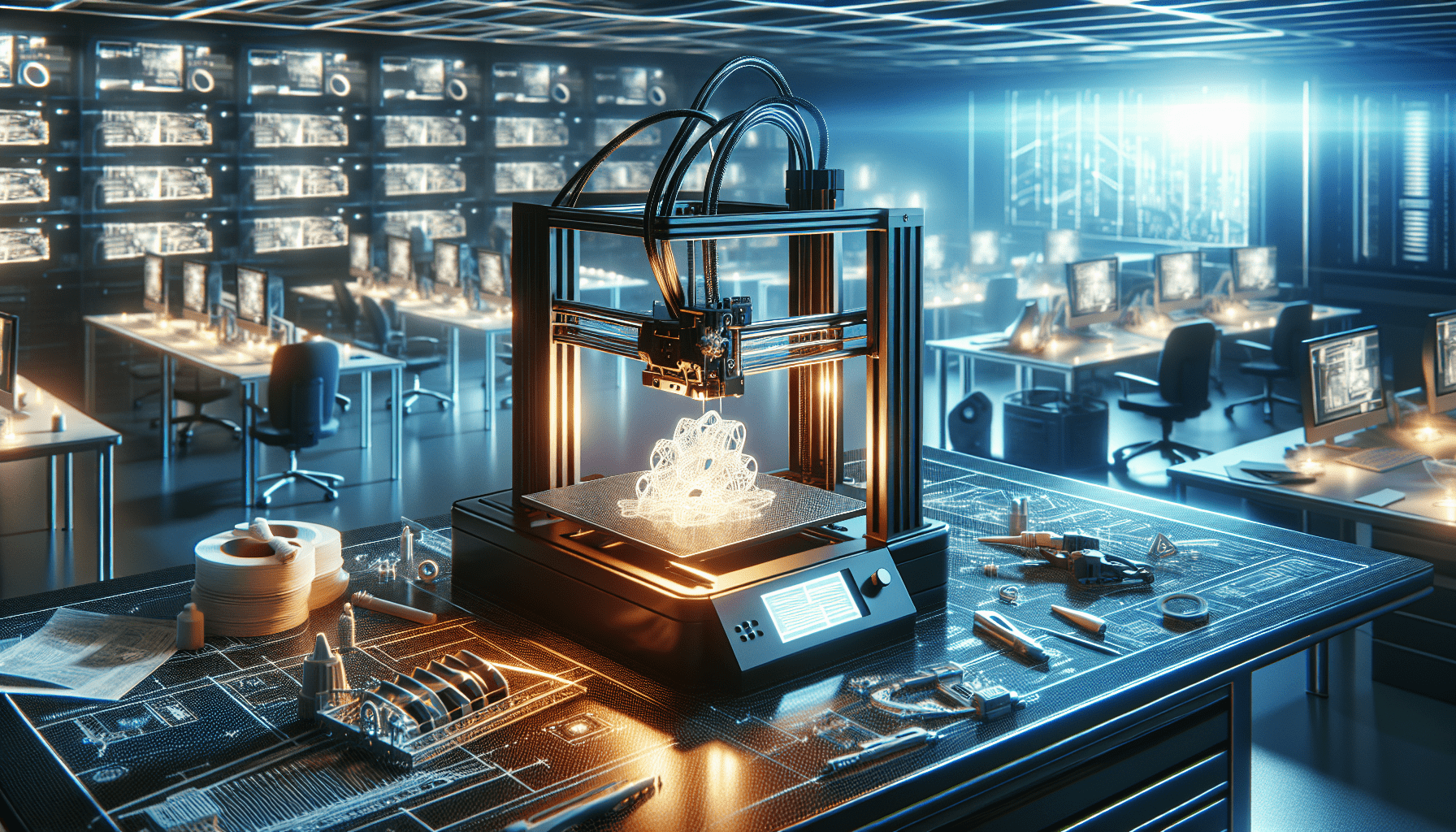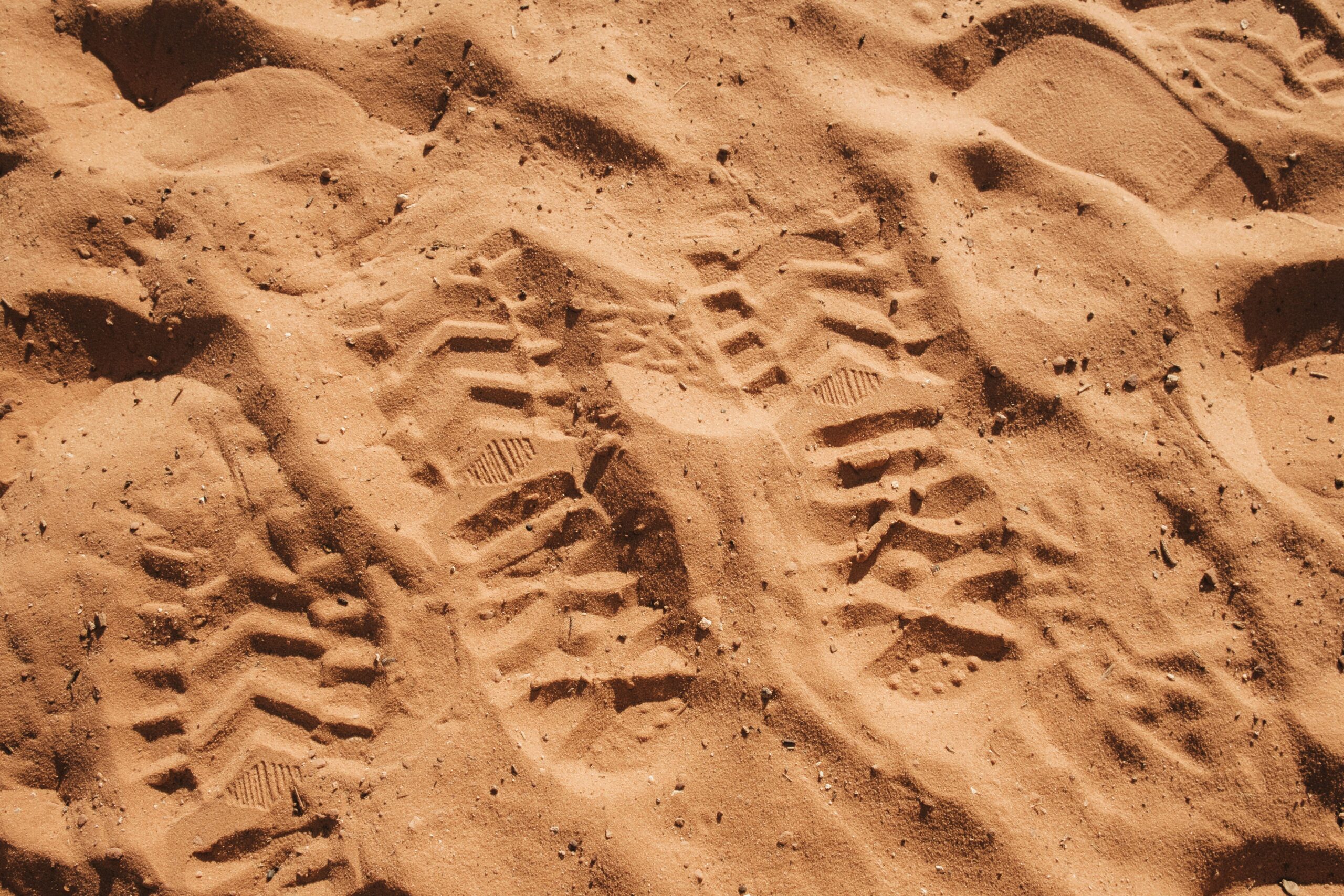Creality 3D Printer, K1 SE Fully Assembled Auto Leveling FDM 3D Printers for Kids and Beginners, 600mm/s Max High-Speed Printing, Core XY All Metal Structure, Larger Print Size 250x220x220mm
$299.00 (as of May 29, 2025 10:56 GMT +00:00 - More infoProduct prices and availability are accurate as of the date/time indicated and are subject to change. Any price and availability information displayed on [relevant Amazon Site(s), as applicable] at the time of purchase will apply to the purchase of this product.)Can Bone Repair Be More Efficient and Humane?
You’ve likely heard of groundbreaking medical research making waves in the scientific community, but have you ever stopped to think about the process behind it? Behind every breakthrough, there’s a team of dedicated researchers working tirelessly to find solutions to some of medicine’s most pressing problems. In the case of bone repair, one such team at Swansea University has made a significant discovery that’s set to change the way biomaterials are tested.
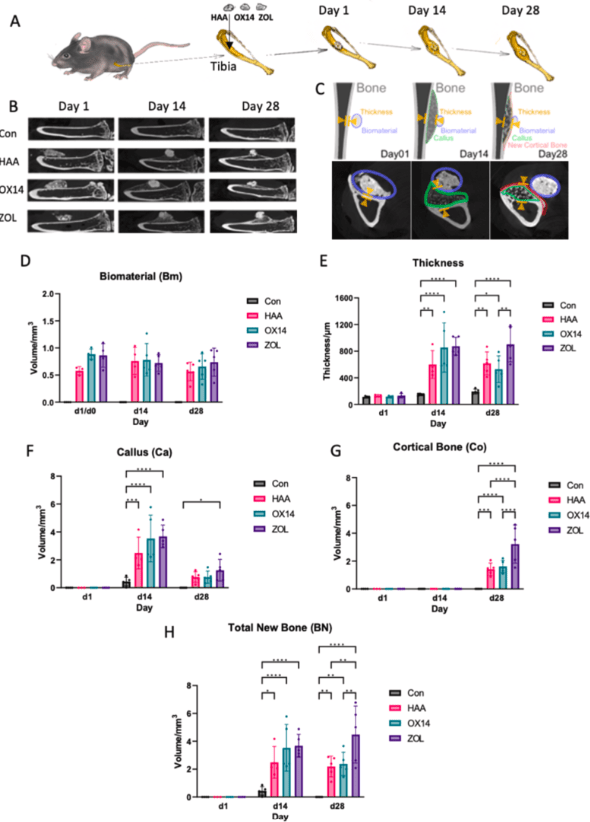
$30 off $400+ Anycubic Products with code AC30OFF
The Current State of Bone Repair Testing
Traditional methods of testing biomaterials for bone regeneration often involve causing fractures or critical-sized defects in animal test subjects. Not only is this approach time-consuming, taking several months to yield results, but it also raises significant ethical concerns. You may wonder if there’s a better way to test these biomaterials, and the answer is yes.
A Novel Approach to Bone Repair Testing
Researchers at Swansea University have developed a novel approach that uses a murine tibial periosteal ossification model. This model eliminates the need for traditional methods involving fractures or critical-sized defects, significantly reducing animal suffering. But how does it work?
The Science Behind the Model
The model focuses on the tibial periosteum, where osteogenic cells naturally drive bone repair. By using this approach, researchers can evaluate biomaterials in as little as 14 days, with cortical bone remodeling completed by 28 days. This represents a major breakthrough in the field of bone repair testing.
| Testing Method | Time Required |
|---|---|
| Traditional Methods | Several Months |
| Novel Approach | 14-28 Days |
You can see from the table above just how much faster this novel approach is compared to traditional methods.
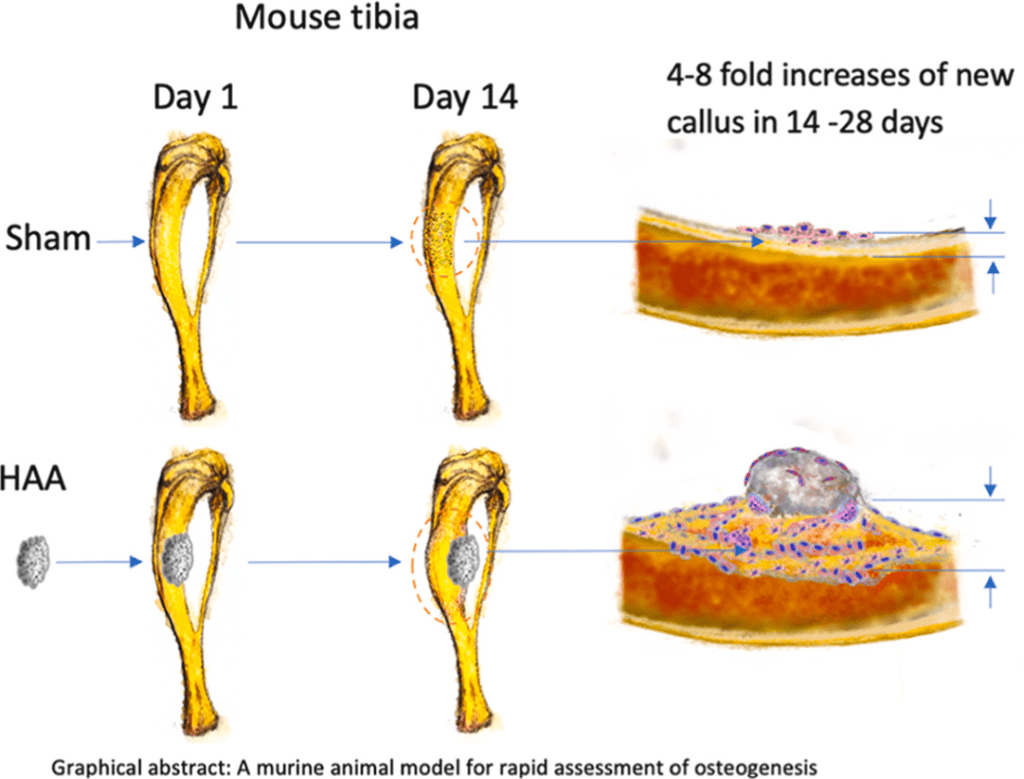
Buy Photon Mono M5 Get Free 1KG Resin
Testing a Hydroxyapatite Aragonite (HAA) Scaffold
To test their model, the researchers used a hydroxyapatite aragonite (HAA) scaffold, a blend of hydroxyapatite and calcium carbonate. This scaffold has several benefits, including enhanced biodegradation and support for bone growth. But what makes it so special?
The Benefits of HAA
The HAA scaffold gradually breaks down over six to twelve months, creating space for new bone tissue to grow. This makes it an ideal material for bone repair, as it provides a framework for bone growth while also being biodegradable.
| Material | Benefits |
|---|---|
| Hydroxyapatite | Supports Bone Growth |
| Calcium Carbonate | Enhances Biodegradation |
| HAA Scaffold | Combination of Both |
You can see from the table above just how the HAA scaffold combines the benefits of both hydroxyapatite and calcium carbonate.
The Potential of Calcium Carbonate in Bone Repair
The research highlights the potential of calcium carbonate in accelerating bone growth and its role in bone regeneration. By using a material that’s naturally occurring in the body, researchers can create more effective and sustainable solutions for bone repair.

Global Research Efforts
Globally, research groups have been exploring alternative approaches to bone repair. Some of these approaches include:
3D Printed Calcium Phosphate Graphene (CaPG) Scaffolds
Researchers have been using 3D printing to create scaffolds that mimic the structure of natural bone. By combining calcium phosphate with graphene, these scaffolds provide a strong and biodegradable framework for bone growth.
3D Printable Hydrogel-Nanoclay Composites
Another approach involves using hydrogel-nanoclay composites to create scaffolds that are both biodegradable and flexible. These scaffolds can be easily printed and have shown promise in promoting bone growth.
A Breakthrough in Bone Repair Testing
You may be wondering what all this means for the future of bone repair. The novel approach developed by researchers at Swansea University represents a significant breakthrough in the field, offering a faster and more ethical way to test biomaterials.
The Benefits for Research and Medicine
By reducing animal suffering and providing a refined and humane method for early-stage biomaterial screening, this approach aligns with ethical research principles. It also offers the potential for faster and more efficient bone repair solutions, which could have a major impact on medicine.

The Future of Bone Repair
As researchers continue to explore new approaches to bone repair, one thing is clear: the future of bone repair is looking brighter. With innovative solutions like the novel approach developed by Swansea University, we can look forward to more efficient and humane treatments for bone-related injuries and diseases.
The Potential for Impact
The potential impact of this research cannot be overstated. By providing faster and more efficient bone repair solutions, we can improve the lives of millions of people around the world. And with continued innovation and research, the future of bone repair is looking brighter than ever.
$30 off $400+ Anycubic Products with code AC30OFF
